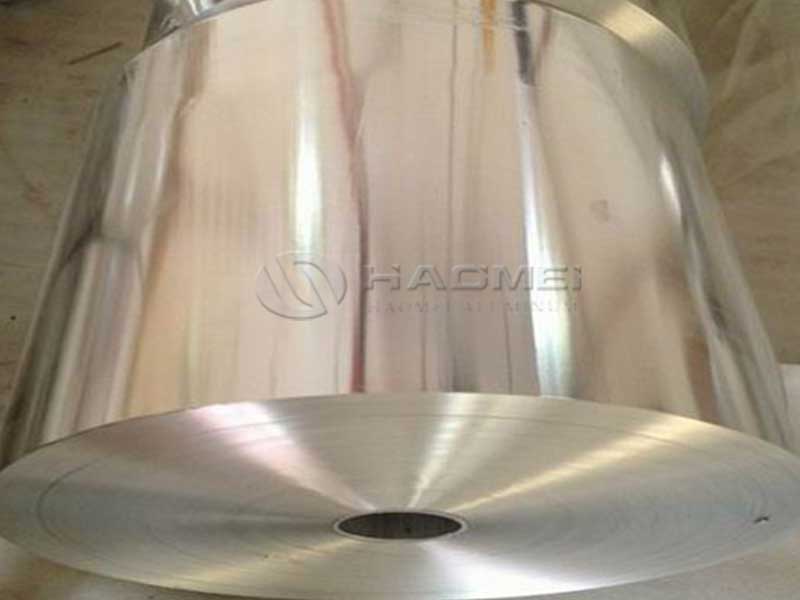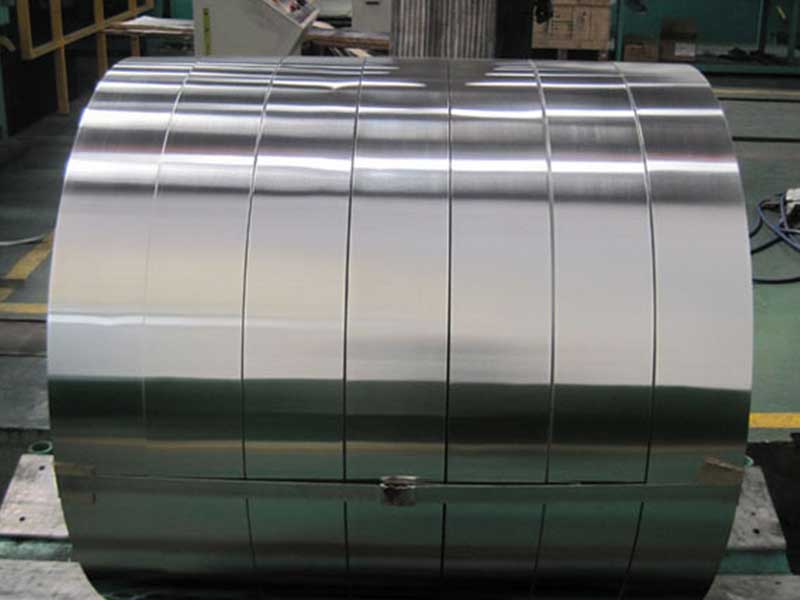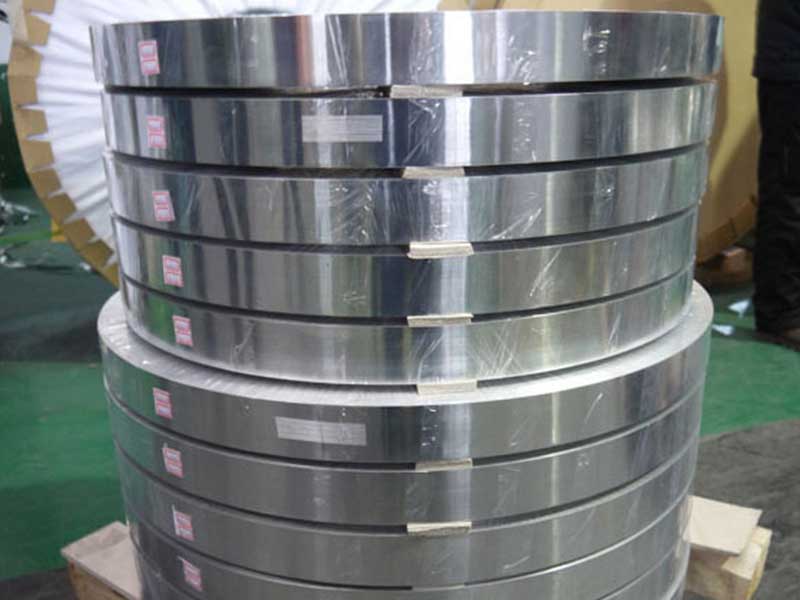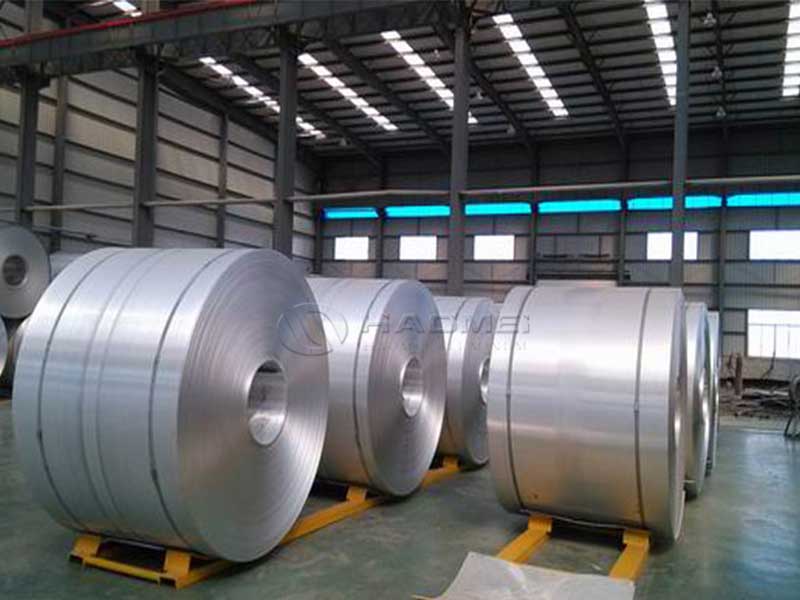Aluminum foil is a remarkable material that has revolutionized the way we store, cook, and even serve food. With its unique properties and endless applications, it has become an indispensable item in kitchens around the world. In this article, we'll delve into the benefits of aluminum foil, explore its various uses, and shed light on its environmental impact.
What Makes Aluminum Foil So Special?
1. Excellent Barrier Properties
One of the main advantages of aluminum foil is its outstanding barrier properties. It effectively prevents light, air, and moisture from penetrating, thus preserving the quality and freshness of food. This makes aluminum foil ideal for wrapping leftovers, protecting them from the elements and extending their shelf life.
2. High Heat Conductivity
Aluminum foil has exceptional heat conductivity, which allows it to reflect heat and maintain consistent cooking temperatures. This property makes it perfect for use in baking and grilling. Whether you're using it to line pans or wrap food for easy cooking, aluminum foil ensures even heat distribution, resulting in perfectly cooked meals.
3. Ease of Use
One of the key selling points of aluminum foil is its convenience. It is flexible, lightweight, and can be easily molded into any shape. This adaptability makes it an invaluable resource for various culinary tasks, from creating homemade baking sheets to crafting pouches for steaming vegetables.
4. Economical Solution
Aluminum foil is not only functional but also cost-effective. Available in bulk and various sizes, it provides a budget-friendly option for food storage and preparation without compromising quality.
Applications of Aluminum Foil in Everyday Life
1. Cooking and Baking
From covering casseroles to lining baking sheets, aluminum foil is a favorite among home cooks and professional chefs alike. Its non-stick surface also helps ensure that food releases easily, making cleanup a breeze.
2. Food Preservation
Aluminum foil is an exceptional tool for preserving food. Wrapping meat or vegetables helps prevent freezer burn, while covering plates in the refrigerator keeps emitted odors at bay. There’s no doubt that using aluminum foil for food storage is a reliable method that helps reduce food waste.
3. Grilling and Roasting
Using aluminum foil on the grill is an excellent way to cook delicate foods that might fall through the grates. Foil packets filled with herbs, spices, and your favorite ingredients make grilling easy and delicious—simply seal, toss on the grill, and enjoy!
4. Crafting and DIY Projects
Beyond the kitchen, aluminum foil can be creatively used in DIY projects. Whether for crafting ornaments or creating custom designs, its flexibility and reflective surfaces lend to a variety of artistic expressions.
The Environmental Impact of Aluminum Foil
While aluminum foil serves numerous practical purposes, it's important to consider its environmental implications. Aluminum production is energy-intensive and has a significant carbon footprint. However, the great news is that aluminum is highly recyclable.
Recycling Aluminum Foil: Make sure to clean scraps of used aluminum foil before tossing them in the recycling bin. This ensures they can be processed effectively. Many communities accept aluminum foil in their recycling programs, which greatly reduces waste and encourages sustainability.













